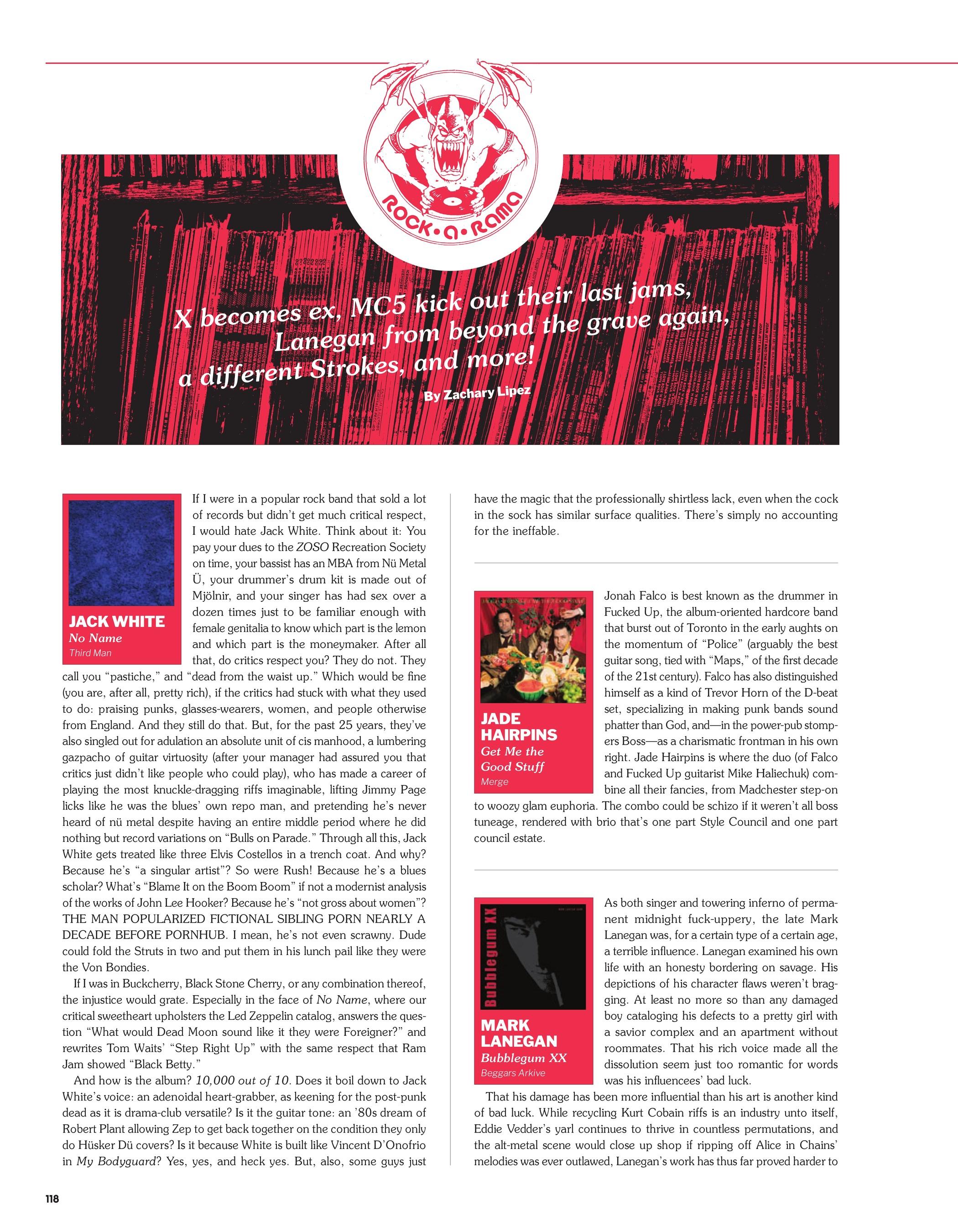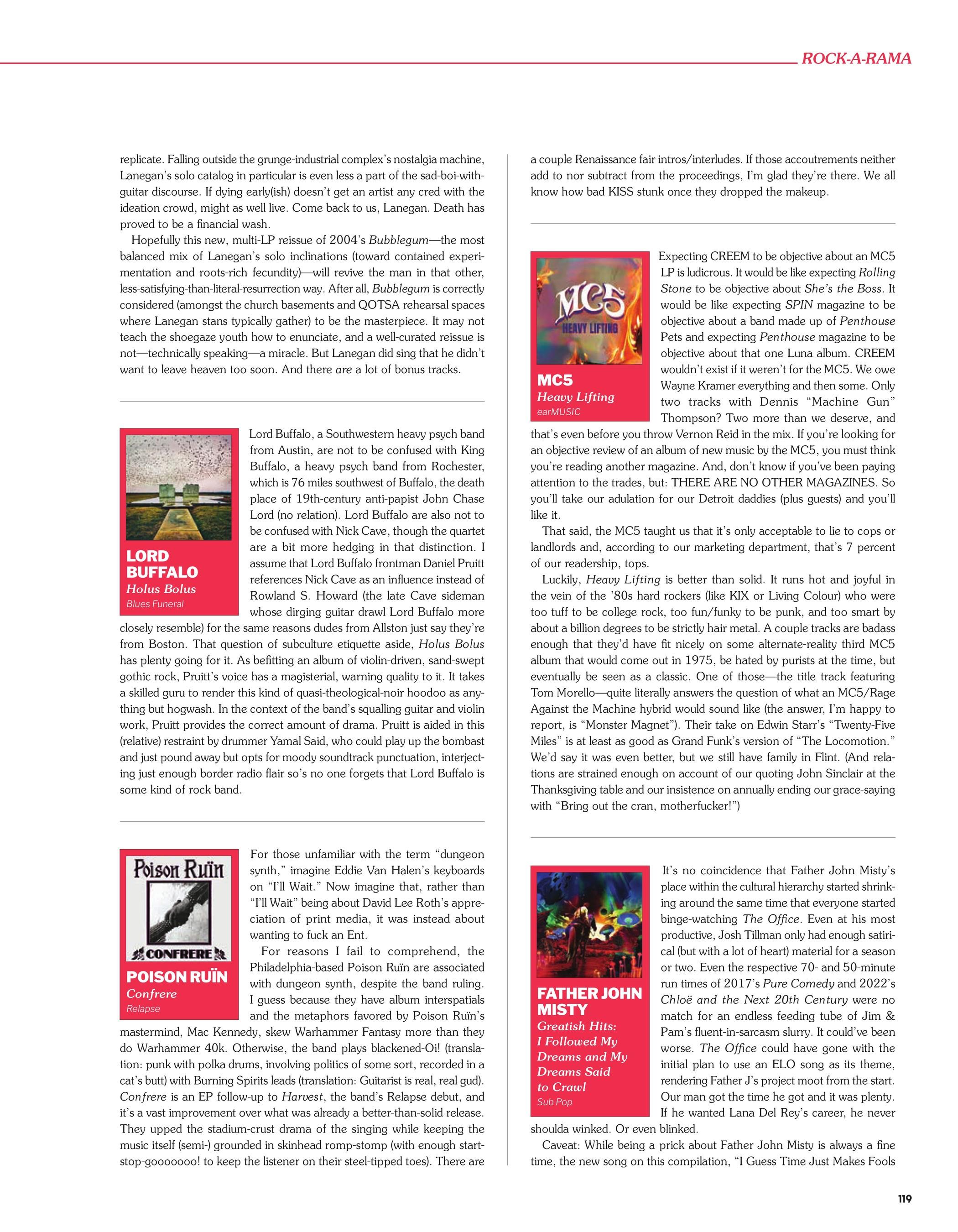Rock-a-Rama
ROCK-A-RAMA
X becomes ex, MC5 kick out their last jams, Lanegan from beyond the grave again, a different Strokes, and more!
September 1, 2024


Loading...

X becomes ex, MC5 kick out their last jams, Lanegan from beyond the grave again, a different Strokes, and more!


Loading...